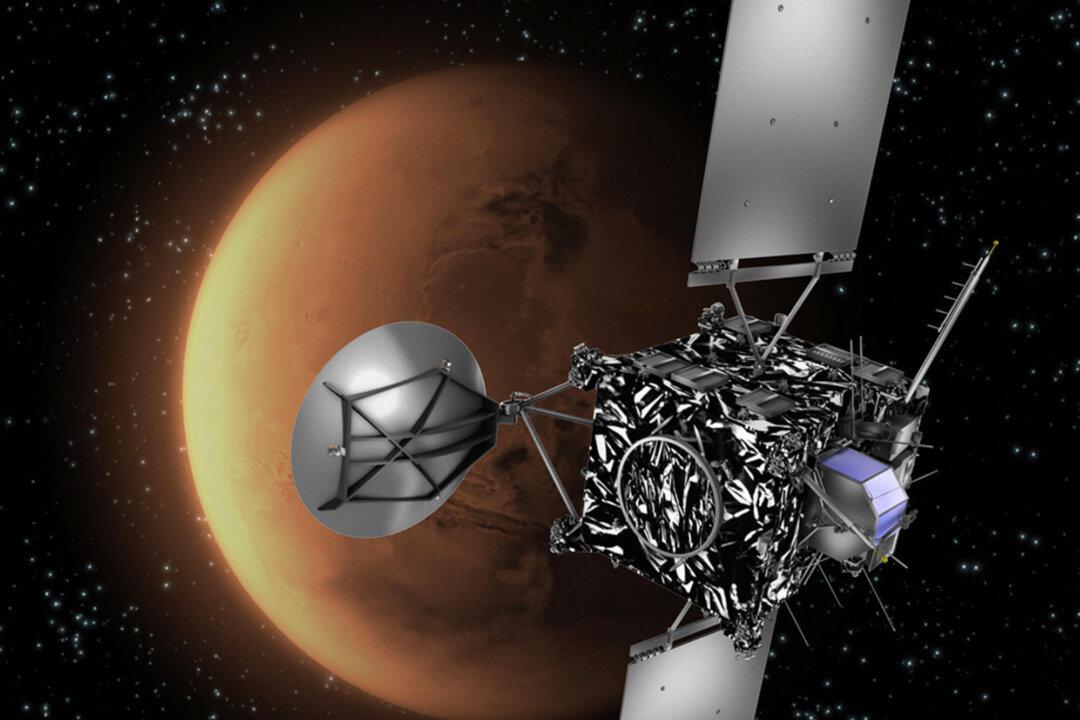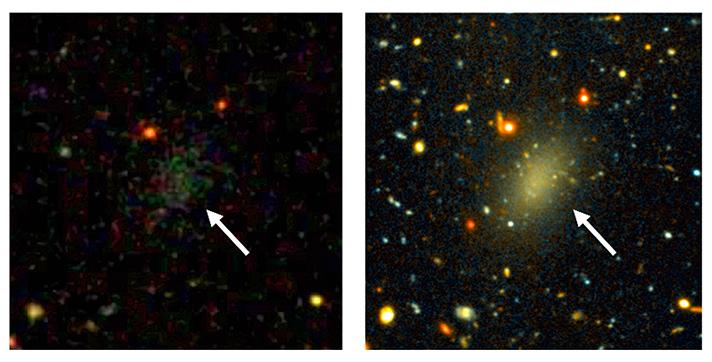Traces of methane have been discovered in Martian meteorites, causing researchers to speculate if methane could feed microbe-like creatures on the Red Planet.
Scientists examined samples from six meteorites of volcanic rock from Mars that contain gases in the same proportion and with the same isotopic composition as the Martian atmosphere.




